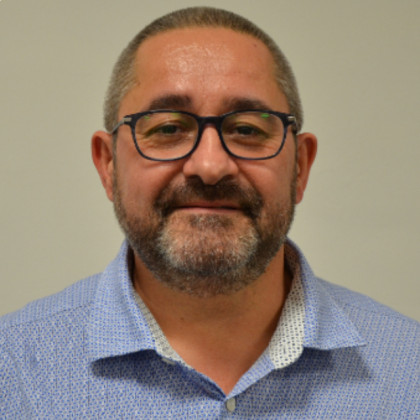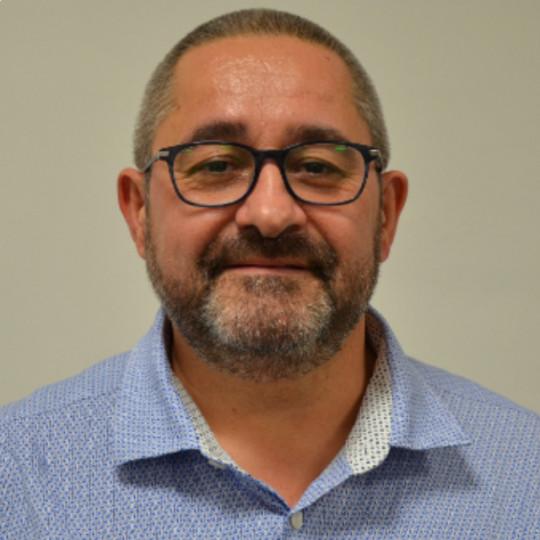Development of FAO and WHO international specifications for pesticides used in agriculture and public health
Development of FAO and WHO international specifications for pesticides used in agriculture and public health

Context
Since the 1970s, international organisations such as the FAO and the WHO have been concerned about the quality of pesticide products placed on the world market. The concept of quality criteria sufficient to guarantee the efficacy and safety of chemical products released into the environment resulted in the establishment of specifications for pesticide products used in agriculture and public health. Over time, these specifications have become essential tools in international pesticide trade and for acceptance of pesticides in countries without adequate legislation. The European Union Member States and the United States now use them within the context of their registration legislation (approval) for pesticides. Many other countries use these specifications within the context of quality control of their pesticides. Due to its experience in analysing agricultural and non-agricultural pesticides, for more than 20 years a representative of the Pesticide Research Department has been a member of the FAO/WHO group of experts responsible for evaluating and laying down specifications. In 2002, these specifications were adopted by both the FAO and the WHO. Objectives
The aim of this project is to lay down chemical and physico-chemical specifications for pesticides used in agriculture and public health, guaranteeing their toxicological and ecotoxicological equivalence based on the manufacturing processes used and impurities in the technical materials. The establishment of this equivalence on a chemical basis avoids superfluous, time-wasting, expensive repetition and reduces the number of experiments on animals, whilst still guaranteeing the quality of the products placed on the world market. The “Manual on development and use of FAO and WHO specifications for pesticides – First edition 2002 – FAO Plant Production and Protection Paper n°173” describes the procedure to be followed to lay down these international specifications. Description of tasks
Within the context of the new procedure for laying down specifications (2002), linked to the manufacturing process and not to the single active substance, our department representative was responsible for evaluating dicamba (herbicide) and deltamethrin (insecticide) active substances and for laying down specifications for the technical materials (TC) and formulated such as soluble concentrates (SL), wettable powders (WP), aqueous suspension concentrates (SC), water dispersible granules and tablets (WG – WT), emulsifiable concentrates and granules (EC – EG), ultra low volume liquids (UL). He also participated in evaluating and laying down specifications for the active substances and formulations based on azimsulfuron, bifenthrin, chlorothalonil, chlorpyrifos, cymoxanil, cyphenothrin, diflubenzuron, dimethoate, fenthion, icaridine, imidacloprid, iprodione, malathion, novaluron, paraquat, picloram, pirimiphos-methyl, prochloraz, propanil, propoxur and transfluthrin. In 2005, deltamethrin offered by other manufacturers will be evaluated to establish the equivalence or not of these technical materials with the previously patented product. The group of experts will evaluate other substances such as bendiocarb, clofentezine, chlorothalonil, ethofumesate, nicosulfuron, pendimethalin, permethrin, pyriproxifen, spinosad and temephos. Contribution
The chemistry and physico-chemistry section of the Department is responsible for evaluating the proposed analytical methods (A. Bernes and B. de Ryckel). Dr. M. Galoux is a member of the FAO/WHO group of experts responsible for evaluating active substances and laying down specifications. Partners
Dr M. Zaim: WHO Pesticide Evaluation Scheme (WHOPES) – WHO/HQ – Geneva - Switzerland - (Zaimm@who.int) Dr A Aito: PCS - WHO/HQ – Geneva - Switzerland Aitoa@who.int). Dr G. Vaagt: FAO Pesticides Management Group, Plant Production and Protection Division. FAO, Rome, Italy (Gero.Vaagt@fao.int). The scientists belonging to the FAO/WHO group of experts (South Africa, Germany, Australia, Brazil, Cyprus, France, Greece, Hungary, India, Slovenia, Romania, United Kingdom, Switzerland, USA). Pesticide manufacturers, including well known multinationals as well as local or international manufacturers of generic substances. Funding
- CRA-W - Walloon Agricultural Research Centre
- FAO - Food and Agriculture Organization
- WHO - World Health Organization
- Private equities











